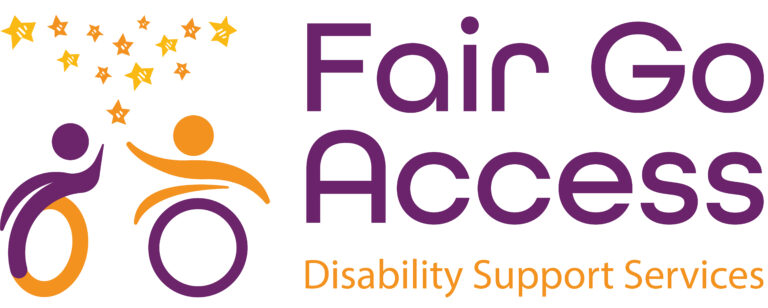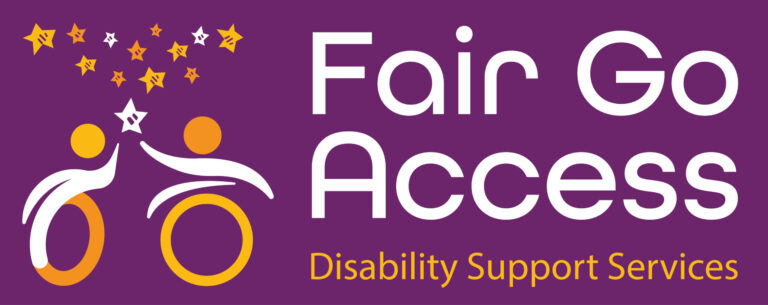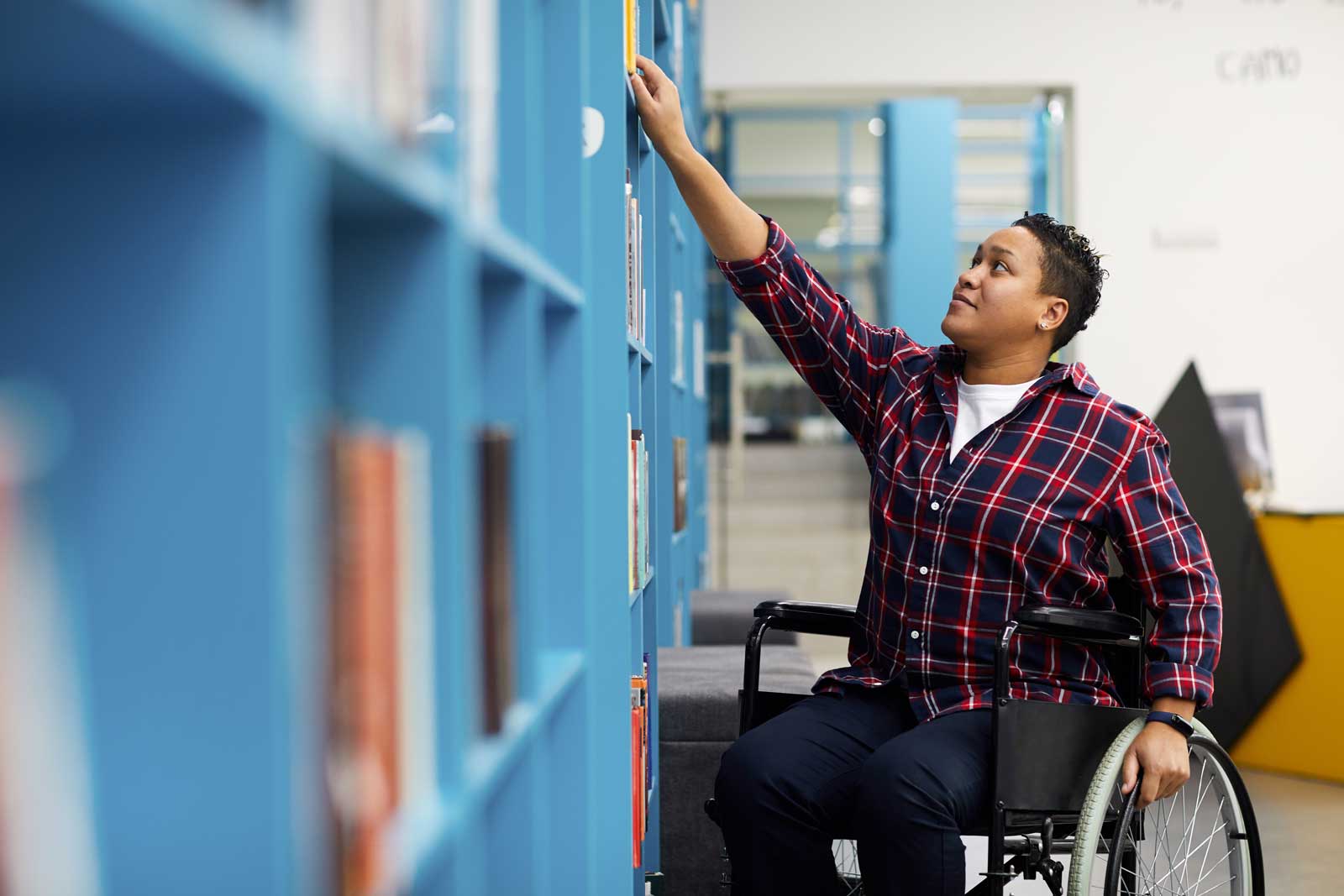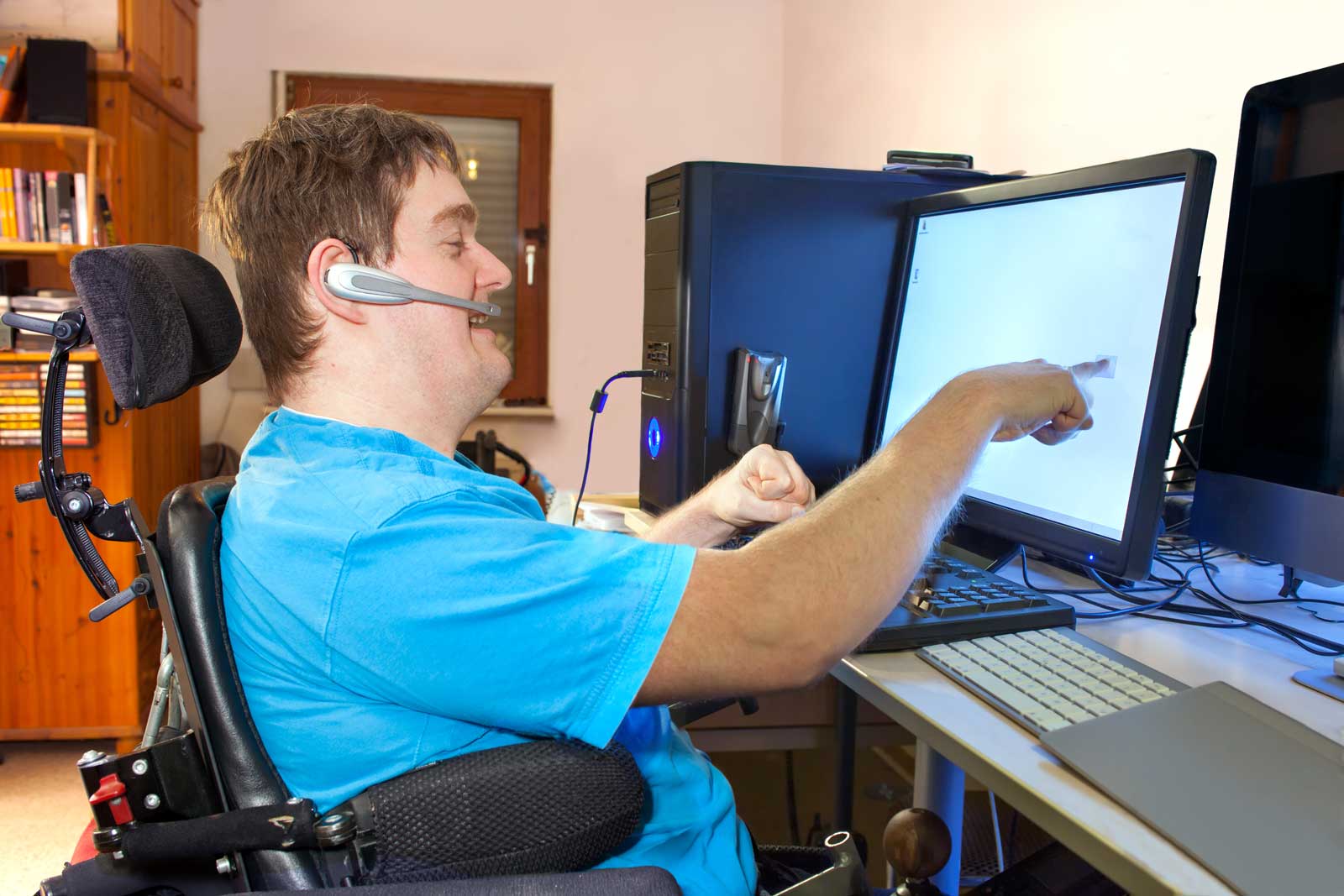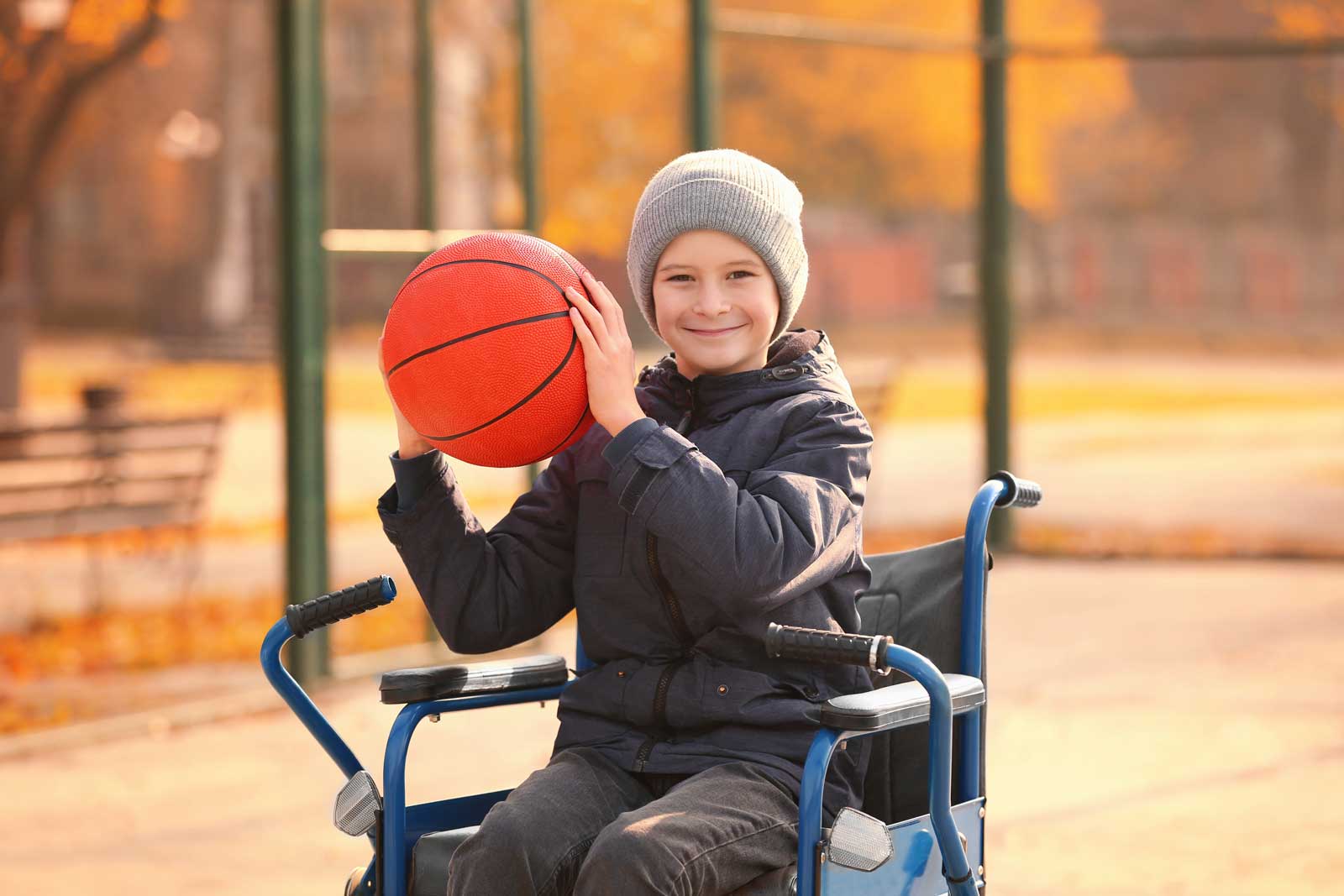
What Are the Different Types of Tube Feeding Formulas?
Australian allied health services often include tube feeding, which is important to Australians with disabilities and long-term medical conditions. Also known as enteral feeding, this process helps to maintain the right level of nutrients when people can’t chew and swallow food on their own.
The ideal tube feeding formula offers an accurate balance of nutrients, proteins, carbs, fats, vitamins, minerals, and calories. Let’s take a closer look at the different tube feeding formulas used by healthcare professionals and personal support carers.
Standard Whole Protein Formulas
Standard tube feeding formulas are made with normal digestion in mind. For kids and adults with normal digestion, a standard formula has all the necessary nutrients to maintain proper nutrition, and it may be used in the event of an accident, surgery, or a long-term disability that doesn’t affect digestion. Standard formulas may have fibre and other added ingredients for bowel management and digestive health.
Peptide Formulas
Peptide or semi-elemental tube feeding formulas are better for people with digestive problems, as they are easier to digest and absorb. Conditions such as malabsorption, cystic fibrosis, and inflammatory bowel disease can be better managed with peptide feeding tube formulas, which contain all the required nutrients but with broken-down proteins that are smaller for easier digestion. Keep in mind bolus feeding with a catheter syringe works with peptide formulas, too.
Specialised Formulas
There are also specialised enteral feeding formulas used for children and adults with certain nutritional needs. If patients need a solution beyond standard tube or bolus feeding for adequate nutrients and digestion support, then doctors or dieticians will select a specialised formula that meets these needs. This type of tube feeding formula is most common in cases of respiratory disease, kidney failure, liver disorder, or diabetes.
Explore Your Options for Enteral Feeding
As long as all guidelines are followed, tube feeding and bolus feeding can make a big difference to the overall health and nutrition levels of children and adults with disabilities and medical conditions. A allied health disability support specialist will cover your enteral feeding options to ensure the best results for your loved one.
If you’d like to learn more about Fair Go Access and how our licenced in-home carers can help with tube feeding, please enquire today.
